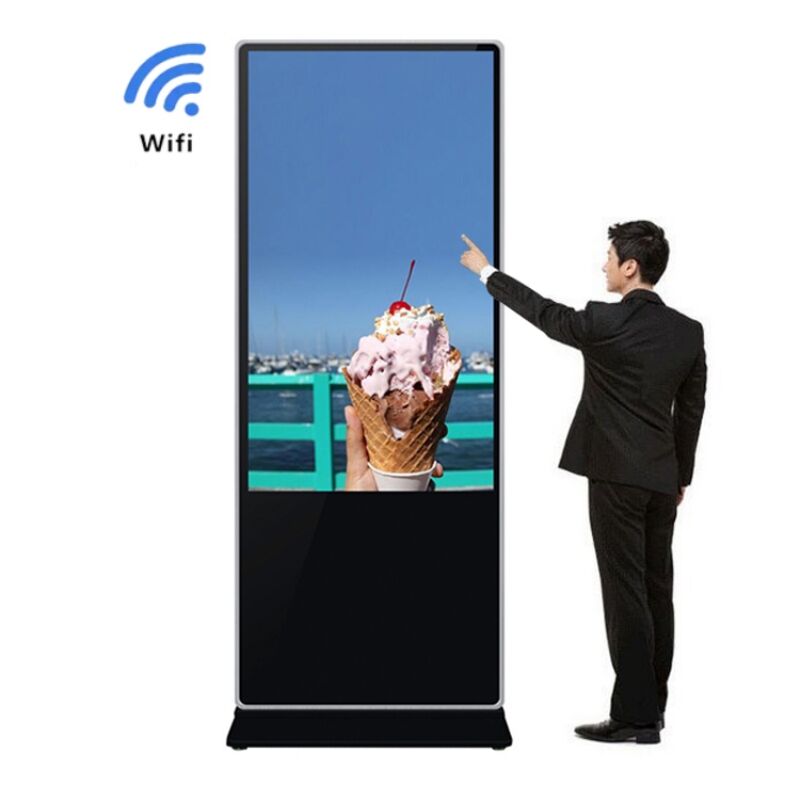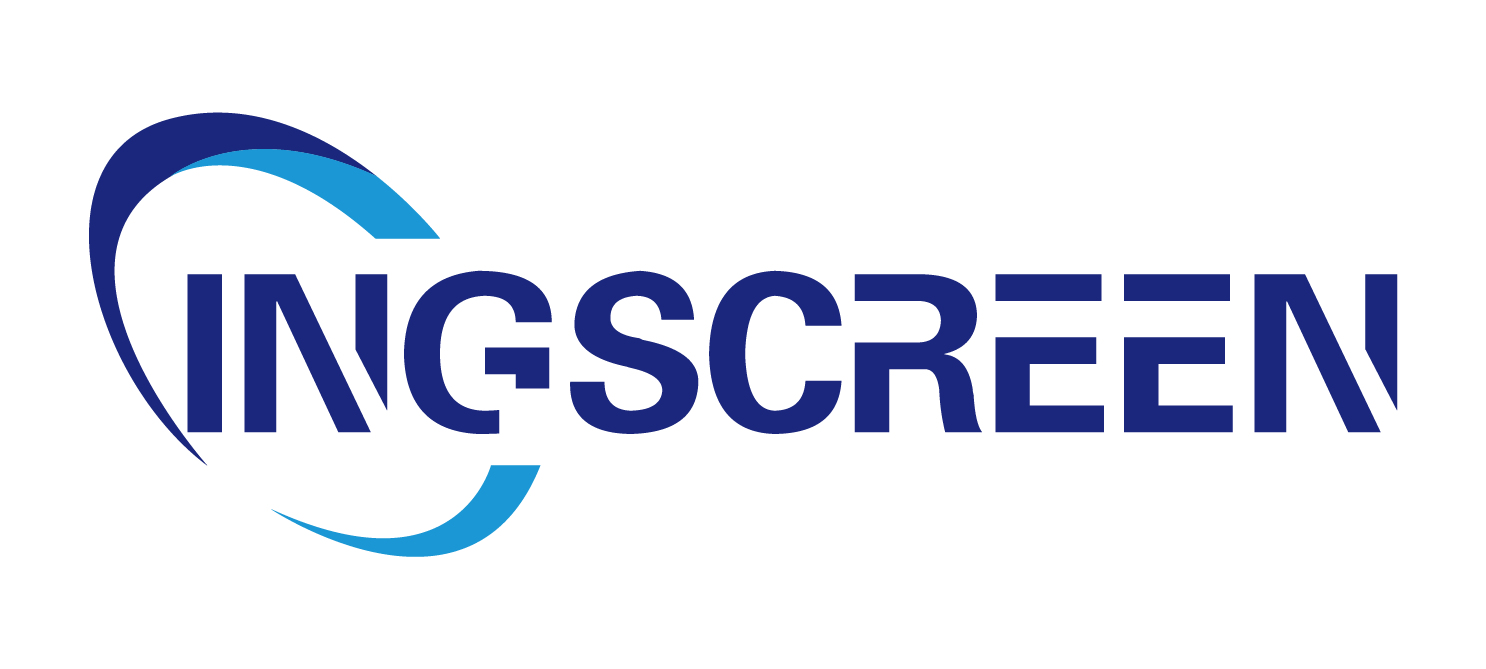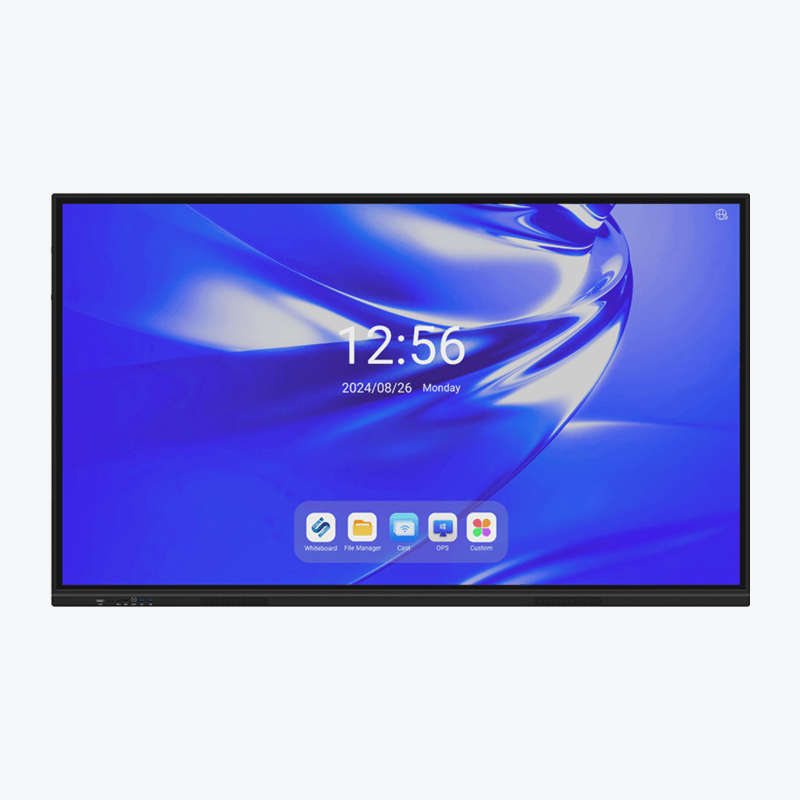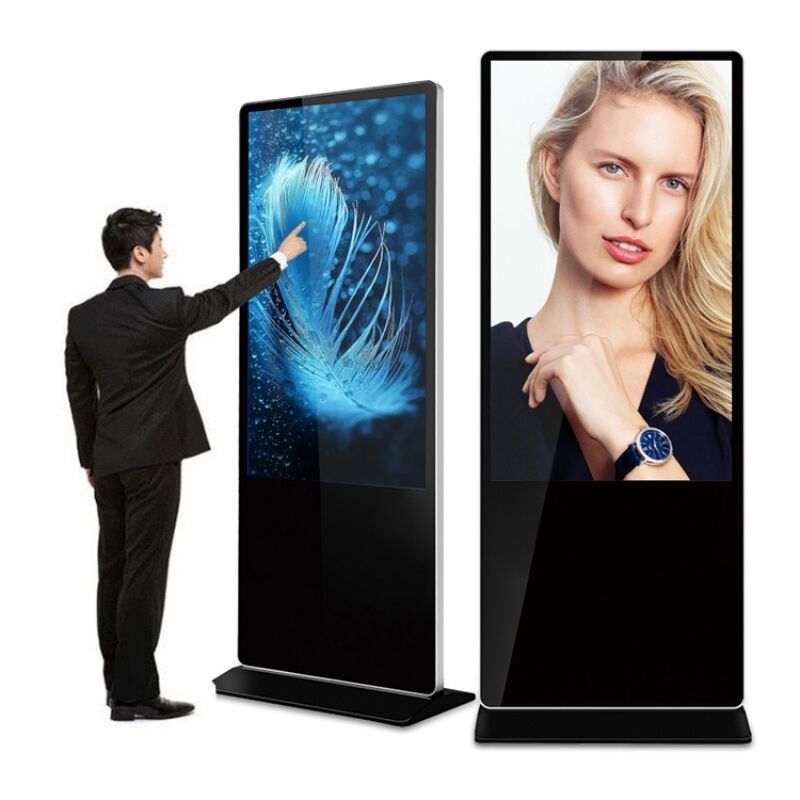Digital Kiosks: Revolutionizing Event Check-In Efficiency
The Limitations of Traditional Registration Systems
Traditional registration systems often lead to long queues, causing frustration for attendees and inefficiencies for event organizers. The manual entry of data increases the likelihood of errors, which can further delay the check-in process. A study conducted by a leading event management firm revealed that manual check-in at large events contributes to average waiting times of 20-40 minutes, negatively affecting attendee satisfaction. These inefficiencies not only diminish guest experiences but also potentially jeopardize overall event success. As attendees grow weary of long waits and errors, their enthusiasm to engage meaningfully with event activities wanes.
Self-Service Kiosks for Conference & Expo Entry
Self-service kiosks offer a compelling solution to the inefficiencies facing traditional registration systems, by streamlining event check-in processes significantly. With expertly designed user-friendly interfaces, including intuitive touchscreens and guided instructions, these kiosks reduce average check-in times to just a few minutes. Time saved during the registration process has been a substantial factor for event organizers who have embraced this technology; it not only enhances operational efficiencies but boosts attendee satisfaction. Among them, several have noted that self-service kiosks have transformed their event planning approach, leading to seamless check-in experiences and an uptake in attendee satisfaction.
Case Study: Schani Hotels' Integrated Check-In Success
Schani Hotels serves as a successful case study in integrating kiosks for an efficient check-in process. Their implementation led directly to a noticeable decrease in check-in times, allowing guests to quickly settle into their accommodations. As a result, guest feedback scores improved dramatically, reflecting the smooth and efficient check-in experience. This success showcases broader implications for the hospitality industry, where self-service kiosks can transform guest interactions and streamline processes. Venue operators across the hospitality sector can replicate Schani Hotels’ success by harnessing kiosk technology in their own check-in processes, enhancing guest satisfaction and operational efficiency.
Wayfinding Through Customizable Digital Maps
Navigating large event spaces can often be challenging for attendees, making efficient navigation solutions essential. Customizable digital maps play a crucial role in helping attendees find their way amidst sprawling venues, ensuring they don’t miss out on key events or exhibits. Organizers have the flexibility to tailor these maps, highlighting areas of significance such as sponsor booths, main attractions, and important sessions. This customization not only aids in navigation but also provides promotional opportunities for sponsors. Studies have indicated that attendees engage more actively with events where navigation is streamlined, thereby enhancing their overall experience. Easy access to such maps can transform a potentially overwhelming event into a manageable and pleasant journey.
Real-Time Schedule Updates on Kiosk Interfaces
Having access to real-time updates is critical for maintaining attendee satisfaction during events. Outdated schedules can lead to confusion, missed sessions, and dissatisfaction. Kiosks with the ability to relay real-time changes, including session timings and location shifts, significantly enhance the attendee experience. These systems can integrate with event management software APIs to pull the latest updates, providing a seamless and time-sensitive interface. For example, events like the Self-Service Innovation Summit have successfully utilized kiosks to keep attendees informed, which, as seen, results in higher engagement levels. Facilitating real-time information allows events to adapt and communicate changes swiftly, keeping attendees well-informed and content.
Reducing Staff Workload with Attendee Self-Service
Self-service kiosks greatly reduce the workload of event staff by automating processes that were traditionally manual. These kiosks handle tasks such as check-ins and information queries that would otherwise require personnel engagement. Data suggests that events equipped with self-service kiosks experience a noticeable decrease in staffing needs—sometimes by as much as 30%. Additionally, testimonials from event staff reveal that such kiosks help ease operational pressure, allowing staff to focus more on other tasks that enhance the attendee experience. Implementing self-service kiosks not only improves operational efficiency but also elevates the overall service standard by allowing human resources to focus on more complex problems or personalized services.
RFID & QR Code Integration in Modern Event Tech
Enhancing Attendee Tracking Through Smart Badges
Incorporating RFID and QR code technologies in event management significantly enhances attendee tracking accuracy. Smart badges equipped with these technologies enable event organizers to precisely monitor attendee movements, capturing details about booth engagement and traffic flow. Incorporating real-time data from these badges, adjustments can easily be made to improve the layout and attendee experiences on the spot. Studies have shown that such technologies increase efficiency in managing crowd flow and exhibitor exposure, leading to better-organized, successful events.
Contactless Networking with Embedded NFC Technology
The pandemic has pushed the need for contactless networking to the forefront, and NFC technology embedded in smart badges offers an ideal solution. These badges allow attendees to connect seamlessly by simply tapping their badges against other devices—eliminating the need for physical exchange of contact details. Surveys reveal a strong preference for contactless interaction options, particularly in large congregations like conferences or trade shows. Several high-profile events have successfully adopted this technology, seeing a marked increase in attendee satisfaction and engagement levels.
Data Security Best Practices for RFID Implementation
Utilizing RFID technology for event management does pose specific security challenges, which necessitates the adoption of robust data security practices. Key approaches include ensuring data encryption and conducting regular security audits to safeguard sensitive information. Implementing these measures not only secures the data but also builds trust with attendees. Experts in the field agree that prioritizing data security enhances the overall success and credibility of technology integration in events.
Real-Time Kiosk Analytics for Agile Event Management
Monitoring Crowd Flow with Heatmap Integration
Heatmap technology has revolutionized the way we monitor attendee movement and manage crowd density at events. This technology works by collecting data on attendee locations and movements in real-time, creating visual representations of crowd flow and density. The benefits of such insight are substantial. For instance, events using heatmaps have reported improved crowd management and significantly reduced bottlenecks, ensuring smoother transitions and enhanced attendee experiences. A compelling example is the use of heatmaps during large conferences where layout adjustments were made based on real-time crowd density data, leading to optimized space usage and reduced congestion.
Dynamic Session Capacity Adjustments via Kiosk Data
Leveraging kiosk data in real-time allows for dynamic session capacity adjustments, significantly enhancing event management agility. By analyzing attendance data collected from kiosks, event managers can tailor session capacities to match current demand, ensuring optimal allocation of space and resources. A case in point is the successful implementation of this feature at tech conferences where sessions were adjusted on-the-fly based upon real-time registration and attendance data from kiosks. Experts in event management underscore how such automatic adjustments not only enhance the attendee experience by minimizing overcrowding but also maximize the use of venue resources, ultimately improving overall event satisfaction.

Post-Event Reporting for Continuous Improvement
Post-event analysis is crucial for informing future event strategies and driving continuous improvement. Through kiosk analytics, a wealth of metrics such as attendee engagement levels, session popularity, and service efficiency can be gathered. These insights enable event organizers to fine-tune their strategies and make data-driven decisions for future events. For example, a detailed analysis of kiosk-generated data at a major trade show led to significant improvements in logistical planning and session timing, resulting in increased attendee satisfaction. Case studies highlight the transformative impact of robust post-event reporting techniques in evolving event experiences iteratively.
Emerging Trends in Event Kiosk Technology
AI-Driven Personalized Attendee Interactions
AI technology is rapidly transforming the way event kiosks interact with attendees, creating highly personalized experiences. By analyzing individual behaviors and preferences, AI allows kiosks to offer tailored recommendations and services, enhancing attendee satisfaction and engagement. This trend is supported by industry experts who emphasize the importance of personalization in improving event experiences. For instance, a conference implementing AI-powered kiosks reported a 30% increase in attendee engagement through personalized session suggestions, which demonstrates the impact of AI integration.
Sustainable Materials in Kiosk Manufacturing
The move towards sustainable materials in kiosk manufacturing is becoming increasingly prevalent in event technology. Event organizers are prioritizing eco-friendly materials such as recycled plastics and bamboo, which offer environmental benefits and cater to the growing number of attendees favoring sustainable practices. Surveys, such as the one conducted by the Event Sustainability Agency, reveal that 60% of attendees prefer events that employ sustainable materials. This push not only minimizes ecological footprints but also aligns with attendee preferences, signaling a significant shift towards responsible event management.
Voice-Activated Commands for Accessibility
Voice-activated kiosks are making strides in providing accessibility for disabled attendees, ensuring equal opportunities for participation. This technology simplifies interactions for individuals who may have difficulties using traditional touch interfaces. Beyond the event industry, voice-activated solutions are being adopted across various sectors for broader implications, showcasing their versatile applications. Experts in accessibility underscore the importance of this trend, highlighting data showing a 40% increase in user satisfaction when voice activation is integrated, validating the technology's promise in enhancing accessibility features.
FAQ
What are self-service kiosks used for in events?
Self-service kiosks are used to streamline event check-in processes, reduce waiting times, and enhance attendee satisfaction by offering a user-friendly registration experience.
How do kiosks help with navigation at large events?
Kiosks can offer customizable digital maps to help attendees navigate large venues efficiently, ensuring they don't miss key exhibits or sessions, and enhancing overall event engagement.
What role does real-time information play in event management?
Real-time information, provided through kiosk interfaces, helps keep attendees informed about schedule updates and changes, which reduces confusion and increases engagement during the event.
How do self-service kiosks reduce event staff workload?
Self-service kiosks automate processes like check-ins and information queries, reducing the need for manual intervention by staff, which decreases staff workload by approximately 30%.
Are RFID and QR codes important in event technology?
Yes, RFID and QR codes significantly enhance attendee tracking accuracy, improving crowd management and enabling better-organized events.
Table of Contents
- Digital Kiosks: Revolutionizing Event Check-In Efficiency
- Wayfinding Through Customizable Digital Maps
- Real-Time Schedule Updates on Kiosk Interfaces
- Reducing Staff Workload with Attendee Self-Service
- RFID & QR Code Integration in Modern Event Tech
- Real-Time Kiosk Analytics for Agile Event Management
- Emerging Trends in Event Kiosk Technology
- FAQ




